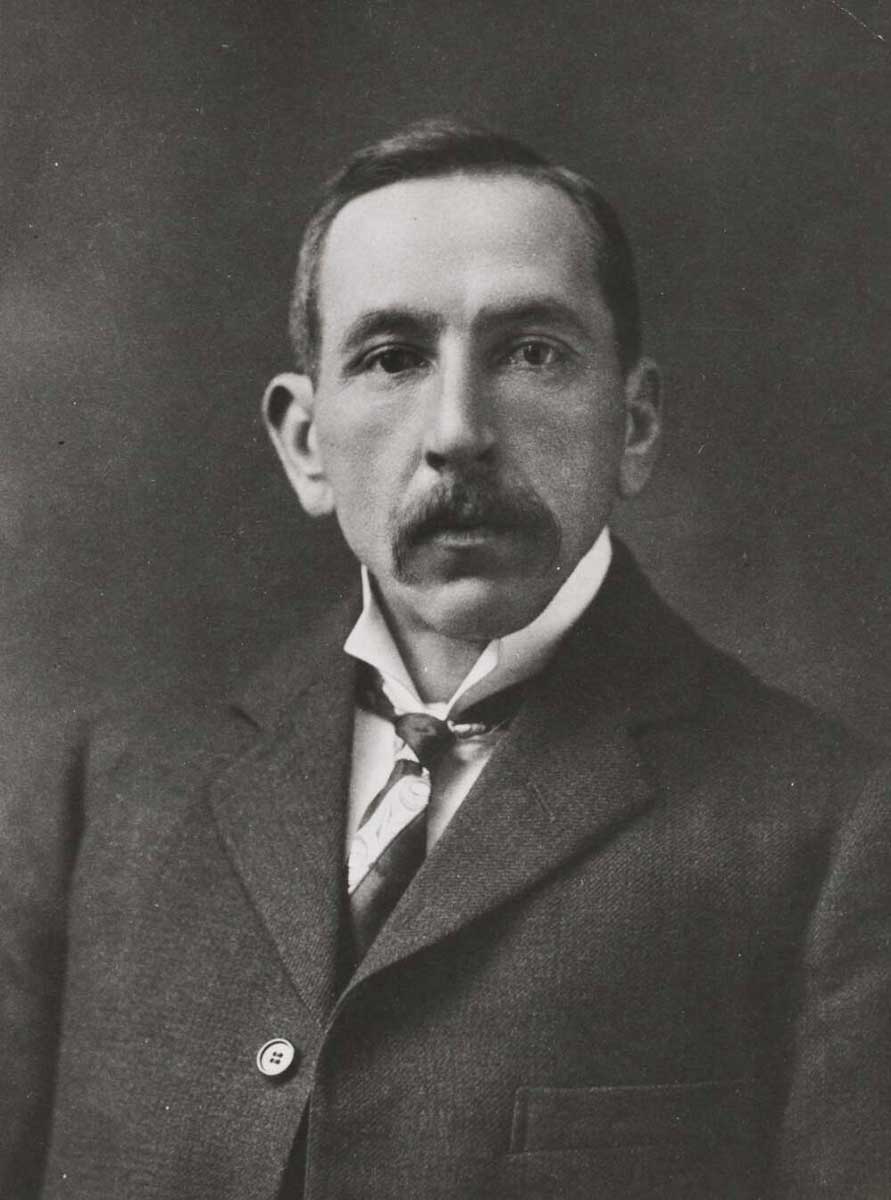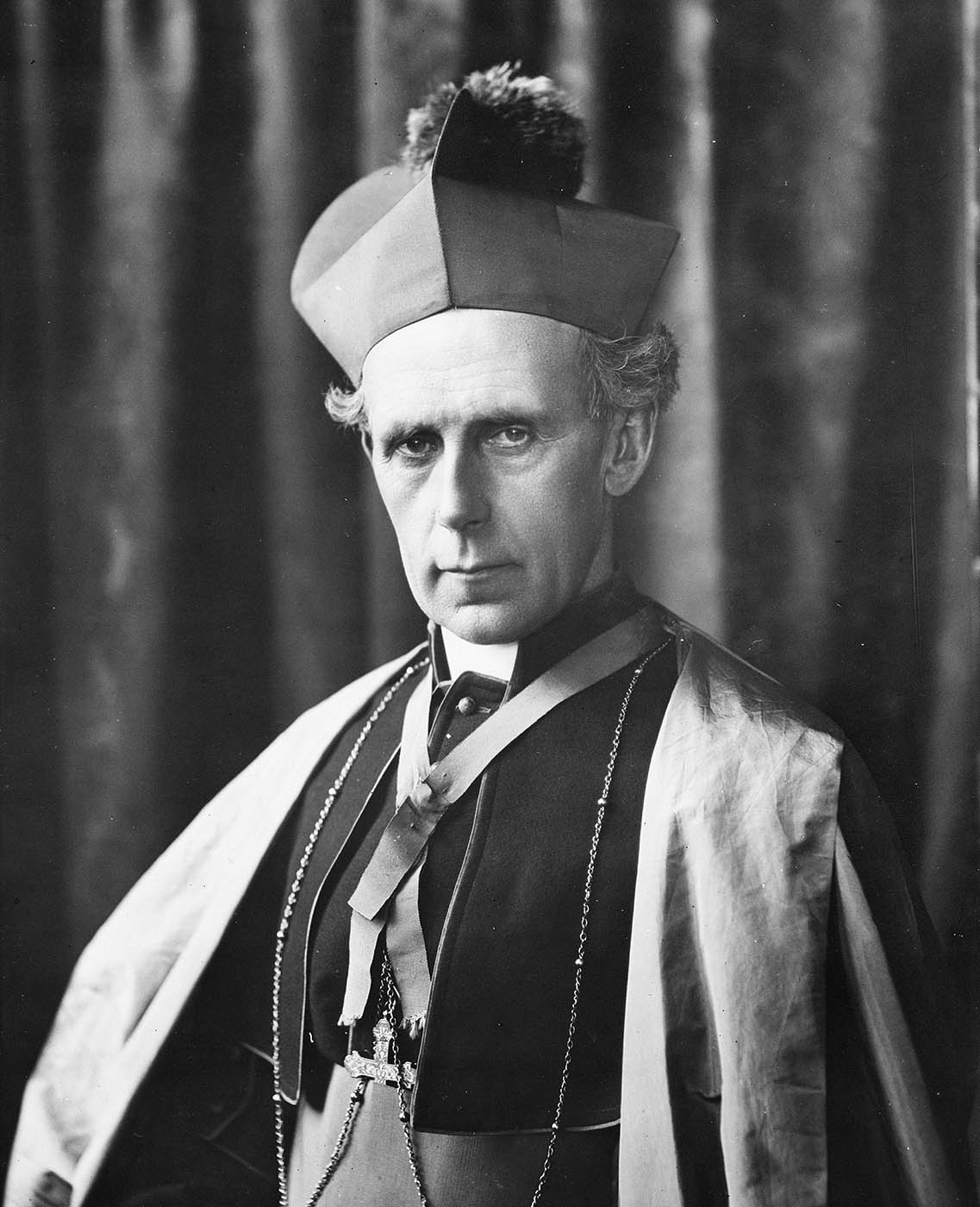
William Morris "Billy" Hughes
Born: September 25, 1862
Died: October 28, 1952
Role: Prime Minister (1915-1923)
Stance: Pro-conscription
Biography: Billy Hughes was a key figure in Australian politics during WWI. Initially a member of the Labor Party, his strong support for conscription led to a party split. Hughes then formed the Nationalist Party and led two unsuccessful referendums to introduce conscription. His efforts deeply divided the nation, but he remained a central political figure throughout the war and beyond.

Daniel Mannix
Born: March 4, 1864
Died: November 6, 1963
Role: Archbishop of Melbourne
Stance: Anti-conscription
Biography: Archbishop Daniel Mannix was a prominent opponent of conscription in Australia. His influence was particularly strong among Irish Catholics, and he actively campaigned against conscription, arguing that it would lead to unnecessary loss of life. Mannix's vocal opposition played a significant role in shaping public opinion during the referendums.

Andrew Fisher
Born: August 29, 1862
Died: October 22, 1928
Role: Former Prime Minister
Stance: Anti-conscription
Biography: Andrew Fisher was the Prime Minister of Australia before Billy Hughes and a staunch opponent of conscription. Fisher believed in voluntary enlistment and was concerned about the social divisions conscription might cause. His stance contributed to the strong anti-conscription sentiment within the Labor Party.

Vida Goldstein
Born: April 13, 1869
Died: August 15, 1949
Role: Suffragette and social reformer
Stance: Anti-conscription
Biography: Vida Goldstein was a leading suffragette and peace activist. She campaigned vigorously against conscription, believing that it would lead to more violence and suffering. Goldstein's activism extended beyond the conscription debate, as she was deeply involved in the women's suffrage movement and social reforms.

John Curtin
Born: January 8, 1885
Died: July 5, 1945
Role: Future Prime Minister
Stance: Anti-conscription
Biography: John Curtin, who would later become Prime Minister during WWII, was a fervent opponent of conscription during WWI. As a Labor Party member, he believed that compulsory military service was against the principles of democracy and personal freedom. Curtin's leadership and stance during the conscription debates helped shape his future political career.

James Scullin
Born: September 18, 1876
Died: January 28, 1953
Role: Future Prime Minister
Stance: Anti-conscription
Biography: James Scullin was a Labor politician who opposed conscription during WWI. He believed that the war effort should rely on voluntary enlistment. Scullin's opposition to conscription was consistent with the broader Labor Party stance and reflected his commitment to social justice and workers' rights.